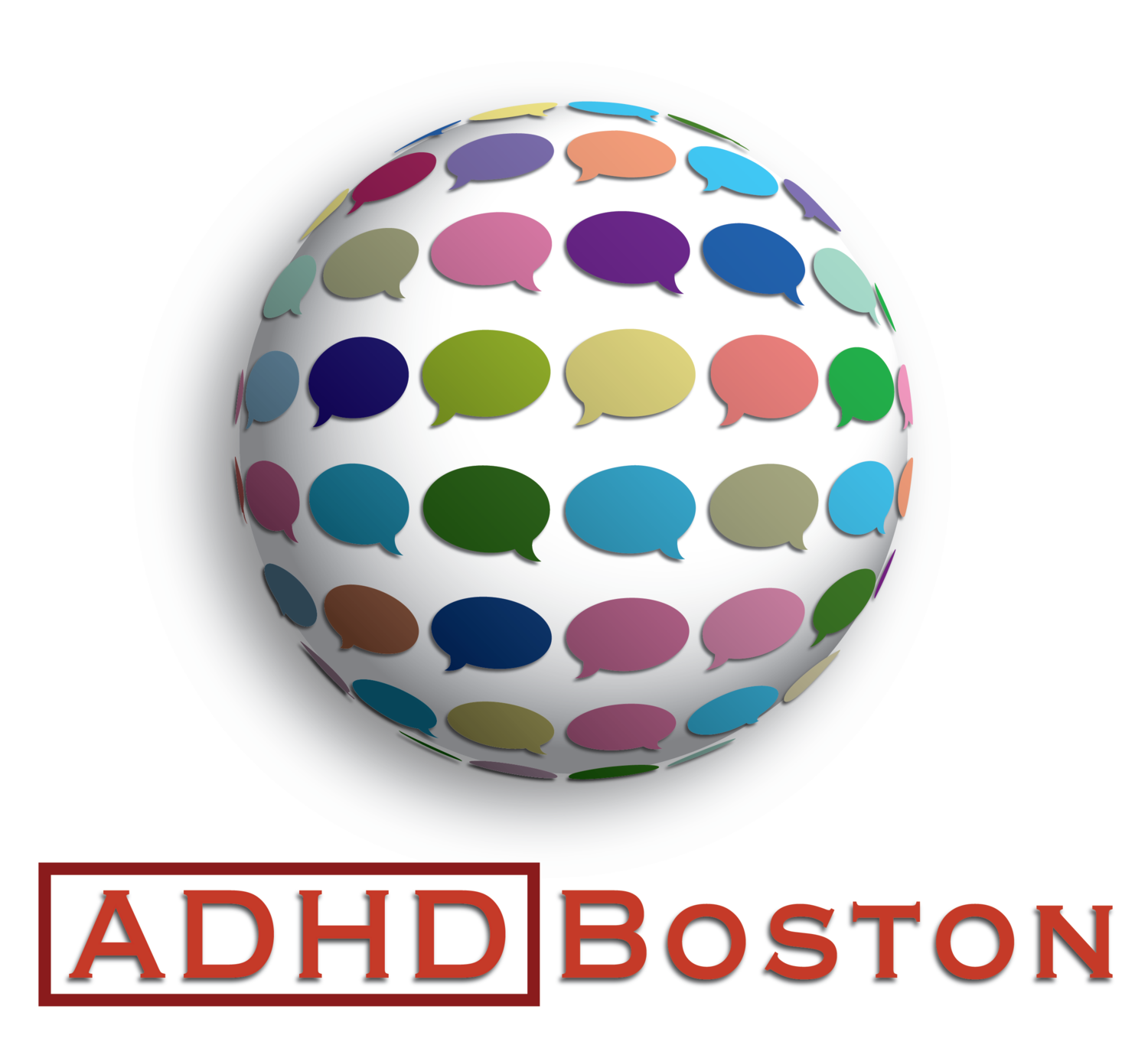We all like new things. New is interesting. New is exciting. New is stimulating, sexy, captivating and scintillating. New holds our attention… for a while. Then new is old, boring, passé and dull. There is usually a bit of time between new and old, that transitional period during which an object, relationship or idea is still fresh enough to taste before being ripe enough to throw out.
For some of us, everything gets old quickly. We start to recognize the pattern, but feel powerless to change it. Infatuation with a new love inevitably slides into sameness. Intellectual acrobatics involved in getting up to speed at a new job, once negotiated, turn into tedium and repetition. New teachers teaching new subject matter are engaging and inspiring until, a few weeks into the term, reviewing and building upon knowledge becomes drudgery.
The examples are endless. New cars, friends, foods, pets, hobbies, surroundings, homes, technologies, furniture and luggage are all fun at first. We approach them, try them on, feel some satisfaction, spend some time with them, and eventually take them for granted.
There are those who speak of “keeping it new.” I would suggest that is not possible. I would, however, suggest that “keeping it from getting old” is possible. Maintaining interest in someone or something over time is challenging, especially for stimulation-seeking individuals with ADHD. For them, interest is everything because it allows focus. When a task, relationship or object gets repetitive, paying attention to it feels impossible.
One way to remain engaged is to continue finding new challenges within the same endeavor. It’s impossible to know everything there is to know about anyone or anything. Seek out different aspects, facts and nuances that can more fully describe your subject. Find mystery within what you think you know. Our tendency is to use pattern recognition in order to label our experience, rather than operating under the assumption that each new experience is unique.
If you find stimulation seeking behavior detrimental to your pursuit of love, education or amazing achievement, practice being in the moment. Look around you. Listen, feel and use all of your senses. Stimulation is everywhere. It’s in the person with whom you are having a conversation. It’s in a tree, the snow, a hot shower, driving your car, taking a walk, your body and your mind. Pay attention to each moment, and you might discover that you’ve been missing out on endless newness.
-Thor Bergersen M.D.

